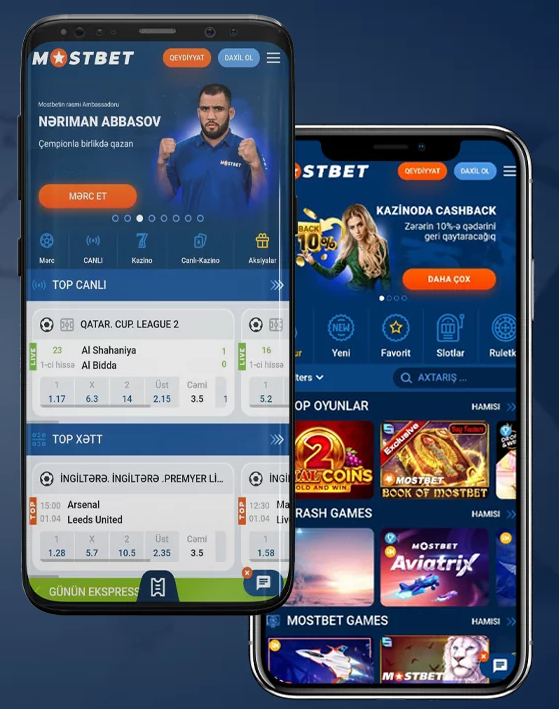
The Impact of 5G on
The rollout of 5G technology represents a significant leap in telecommunications that promises to reshape various aspects of our lives. With enhanced speed, reduced latency, and the ability to connect more devices simultaneously—a major evolution from its predecessor, 4G—5G heralds a new era for consumers, businesses, and industries alike. Additionally, as we dive into the various implications of this technology, one can find a wealth of resources and tools that aim to enhance user experience, The Impact of 5G on Online Casinos in 2025 Скачать Мостбет being just one such offering.
The Technological Foundations of 5G
5G is built upon a complex network of technology innovations, including millimeter waves, small cells, massive MIMO (Multiple Input Multiple Output), and beamforming. These advancements work in tandem to deliver data more efficiently and faster than ever before. Unlike previous generations, which relied heavily on traditional cell towers, 5G networks utilize short-range antennas and low-band frequencies to provide higher speeds and reliable service over short distances. This makes it possible to achieve blistering download speeds of up to 10 Gbps, compared to 1 Gbps with 4G, which opens up new possibilities for mobile users and technology alike.
Impact on Consumer Experience

For the average consumer, 5G promises a transformation in how we interact with technology. With lower latency rates—often reduced to less than 5 milliseconds—applications reliant on fast data processing, like augmented reality (AR) and virtual reality (VR), will become more accessible and engaging. Consider gaming, for example. The online gaming community could find themselves immersed in a more seamless experience, with almost negligible lag times. Streaming high-definition content or downloading large files will also be expedited, making it an ideal solution for mobile entertainment systems.
5G in Business and Industry
The implications of 5G technology extend far beyond consumer applications. For businesses, it offers the potential to enhance efficiencies and redefine operations. Automated processes powered by the Internet of Things (IoT) can lead to smarter factories with connected machinery and real-time analytics. As industries leverage these advancements, we are likely to see innovations in healthcare, such as remote surgeries where surgeons can operate on patients located miles away. This level of connectivity also facilitates the rise of smart cities, where infrastructure can be monitored and managed in real-time to improve public services and resource use.
Healthcare Transformation
One sector poised for disruption due to 5G is healthcare. High bandwidth and low latency are critical for applications such as telemedicine and remote patient monitoring. For instance, wearable health devices can transmit patient data to healthcare providers almost instantaneously, allowing for faster diagnosis and treatment. Moreover, surgeons could utilize AR and VR to visualize anatomy in real-time during surgeries performed remotely. This could potentially save lives by making quality healthcare accessible to diverse populations, regardless of their physical location.
Smart Cities and Infrastructure
As urban centers continue to grow, 5G networks offer a path toward more sustainable and efficient smart cities. By connecting everything from traffic lights to public transportation systems to sensors that monitor air quality, cities can operate with increased efficiency and provides a better quality of life for residents. For instance, real-time data can be used to alter traffic patterns dynamically, reduce congestion, and minimize emissions. Moreover, these smart infrastructures can enhance public safety, enabling quicker emergency responses through improved communication systems between various public services.

Security Challenges
While the benefits of 5G are profound, it also presents new security challenges. The increased number of connected devices—predicted to surpass 75 billion by 2025—means attack surfaces for cybercriminals are growing. To maintain the integrity and security of data transmission, ensuring robust cybersecurity measures will be paramount. Traditional security protocols may become inadequate against the scale and sophistication of threats that can arise from a 5G-connected world.
The Future of Connectivity
Looking ahead, the impact of 5G on society will likely expand further as the technology matures. With a foundation of improved connections, we can expect collaborative systems that enhance productivity across various sectors, such as education, entertainment, and transportation. The growing ecosystem of devices and services connected through 5G opens opportunities for innovative solutions that we have yet to fully envisage. The evolution from 4G to 5G is not just a technological upgrade; it is a glimpse into a future where connectivity enhances every aspect of our lives.
Conclusion
As technology continues to evolve, the introduction of 5G stands out as a transformative force that unlocks vast potential across various sectors. From enhanced consumer experiences to revolutionary advancements in healthcare, and the creation of smarter cities, the implications of 5G are manifold. While challenges remain regarding cybersecurity and infrastructure build-out, the forward momentum toward a more connected world is undeniable. Embracing these changes and preparing for their impact will be key for individuals and organizations alike as we navigate this new digital landscape.
